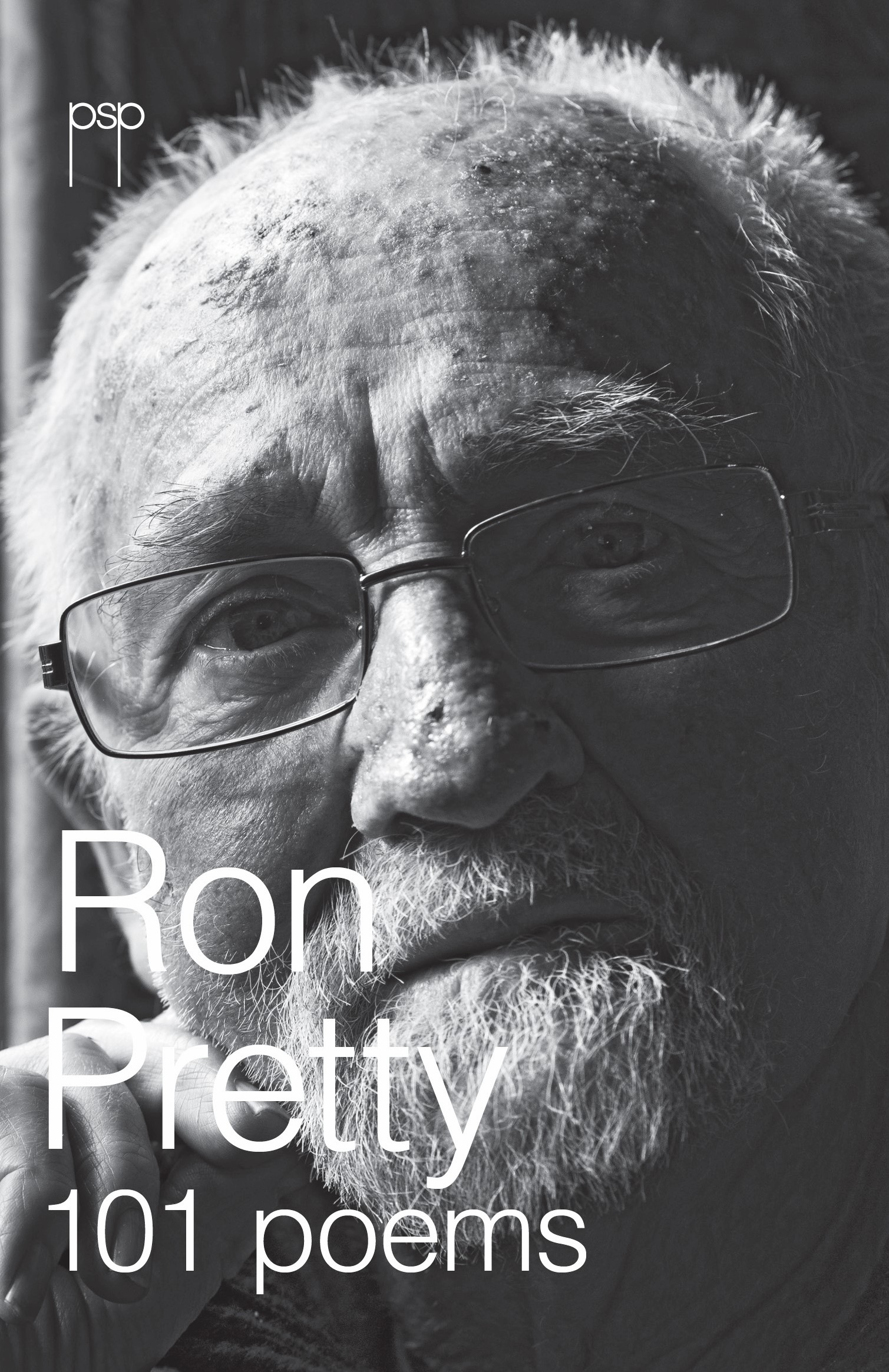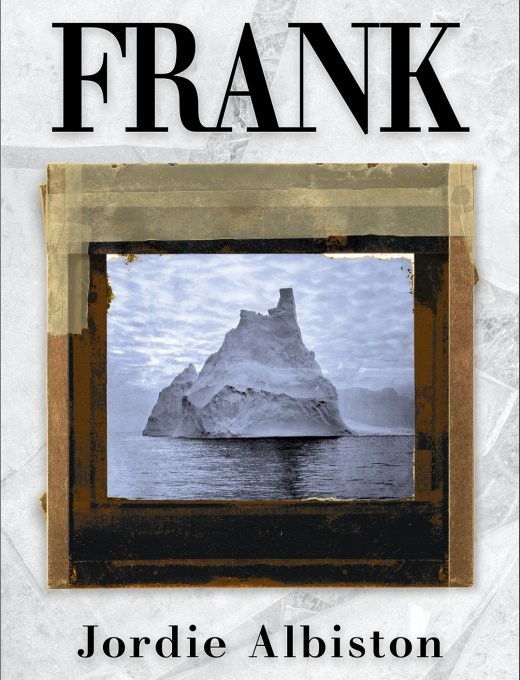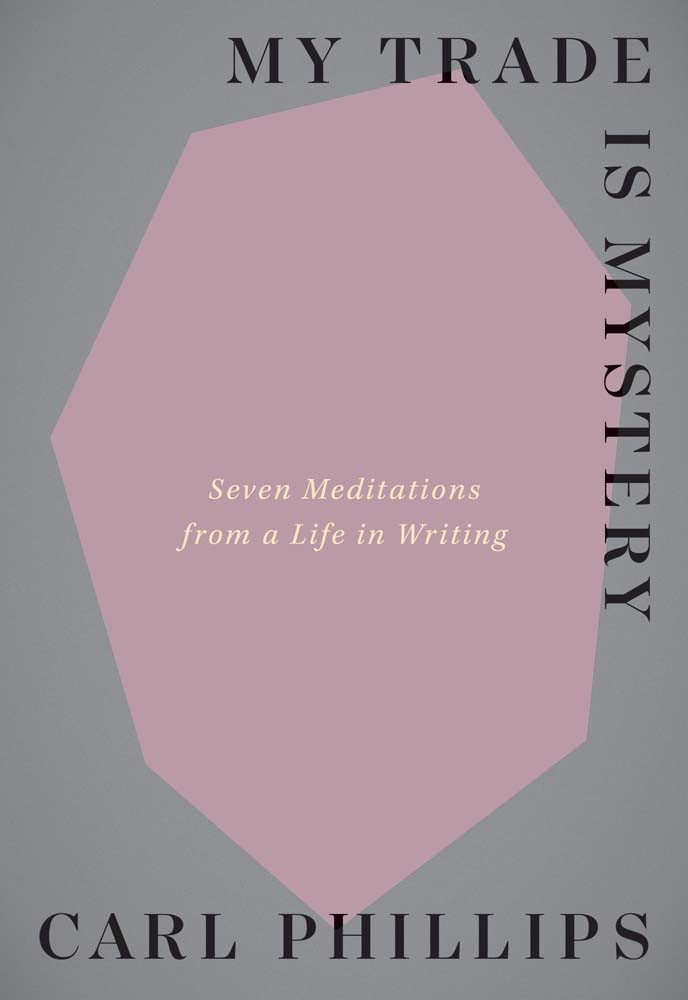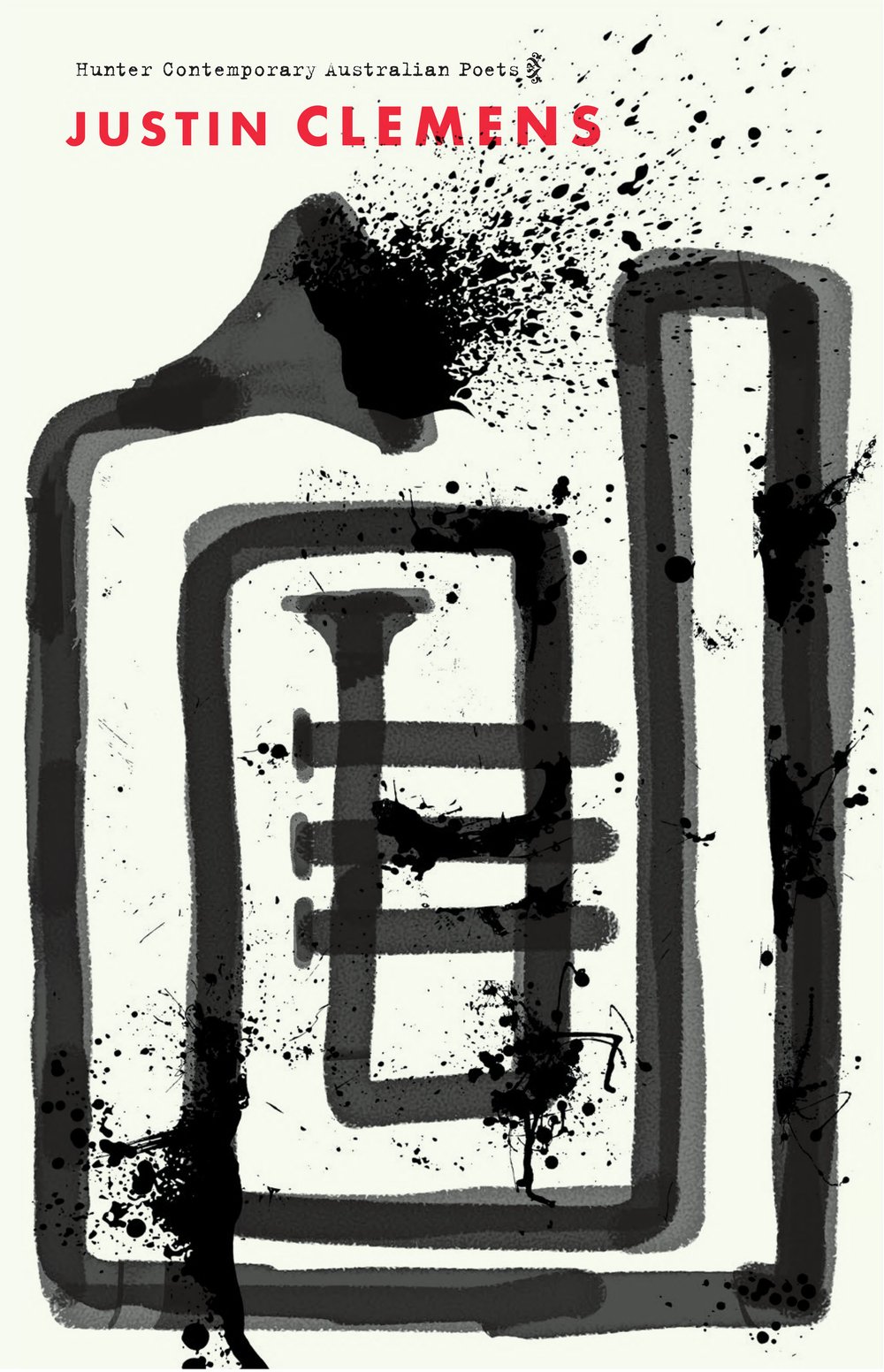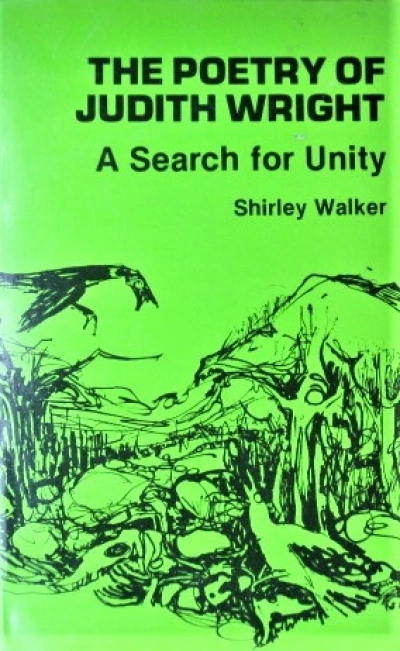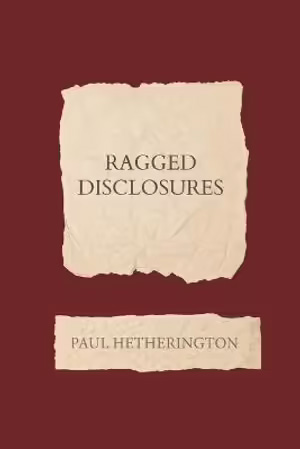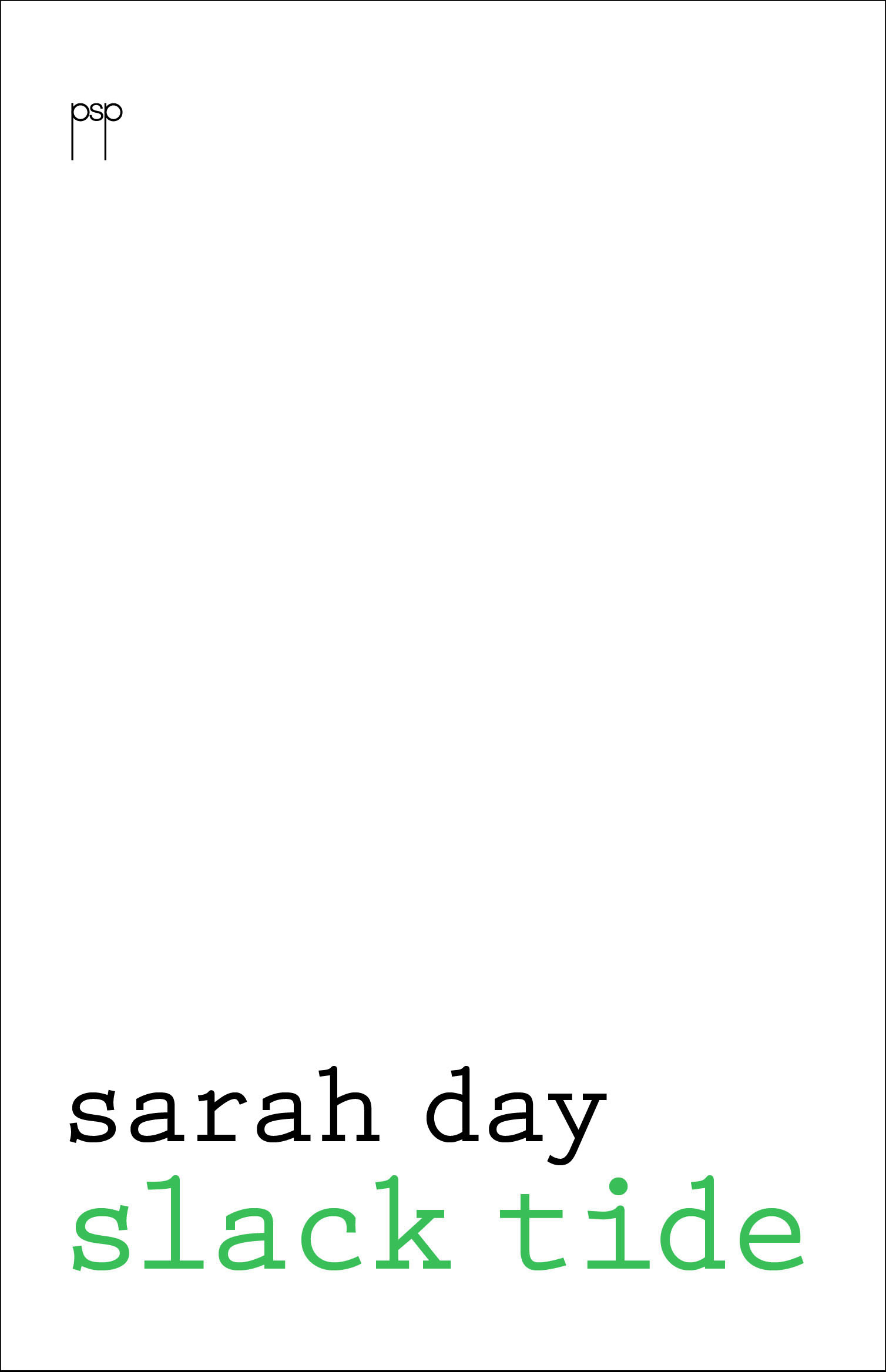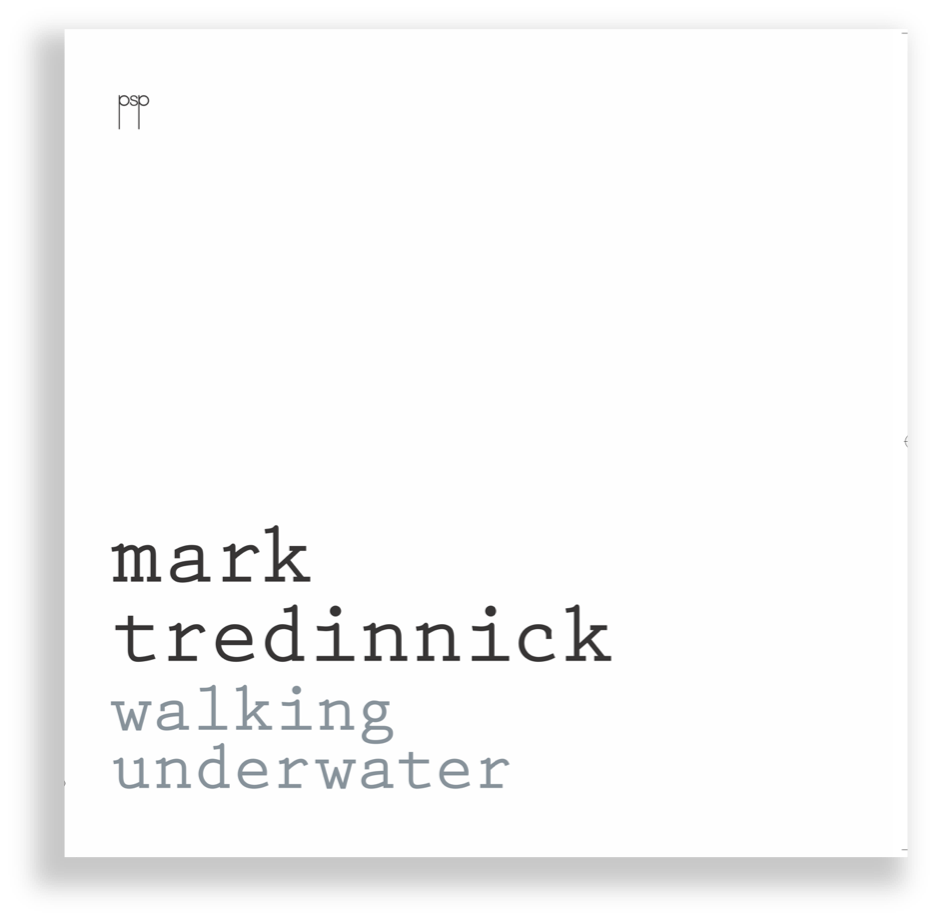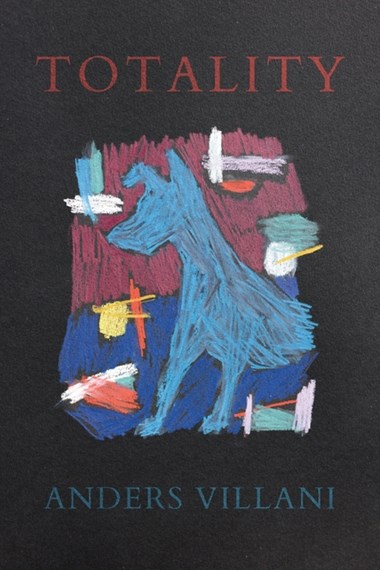Poetry
Ron Pretty has published eight collections of poetry and five chapbooks over his long career. His latest and perhaps last book, 101 Poems, from Pitt Street Poetry’s Collected Works series, includes pieces from his previous collections, as well as some new work. We start with The Habitat of Balance (1988) and go all the way through to his most recent collection, The Left Hand Mirror (2017), before encountering a selection of new poems.
... (read more)The Australian photographer Frank Hurley, who accompanied Antarctic expeditions led by Douglas Mawson and Ernest Shackleton, proved to be an able diarist as well as a skilful and adventurous photographer. While Hurley participated in a number of expeditions – as well as serving as an official war photographer in both world wars – the late and much missed poet Jordie Albiston has drawn on Hurley’s diaries from Mawson’s sledging trip of November 1912 to January 1913 and Shackleton’s Imperial Trans-Antarctic Expedition of November 1914 to September 1916 for what has become her fourteenth and final poetry collection.
... (read more)My Trade Is Mystery by Carl Philips & The Penguin Book of Spiritual Verse edited by Kaveh Akbar
A six-year-old in Canada memorises a poem written by Li Bai in the eighth century. She recites its twenty syllables perfectly in the Mandarin she studies at Saturday Chinese school, but beyond a mechanical conversion into English, makes little sense of it. Murmuring the poem’s words then holding her breath as though waiting, her mother tries to help.
... (read more)A Foul Wind by Justin Clemens & The Book of Falling by David McCooey
In a world both foul and fallen, where delusion, death, and unassailable Dummheit seem to wait on every corner, what can poetry do that warrants our rapt attention more than every other kind of distraction? Justin Clemens voiced the common lament when he wrote, ‘No-one reads poetry anymore, there being not enough time and more exciting entertainments out there.’ The issue, he said, is ‘a materialist problem that has always proven fundamental for poets: how to compose something that, by its own mere affective powers alone, will continue to be read or recited’ (‘Being Caught dead’, Overland, 202, 2011). That clinches the dilemma rather well. And yet, entertainment or not – and effective or not in their affective power – poetry collections seem to endure as a place, of Lilliputian dimensions, to encounter other worlds and world views.
... (read more)The Poetry of Judith Wright: A search for unity by Shirley Walker
In one way, this is a book to unnerve the teaching academic: it is so eminently cribbable. As a ‘handbook’ of Wright’s poetry, it ranges widely rather than intensively, offering lucid expositions and firmly delivered judgements. If these latter are sometimes, by the nature of the book, more asserted than demonstrated, they nonetheless seem usually sound and sensible: the lines quoted from ‘The Watcher’ do indeed ‘attempt, and fail, to wrest a response from the stereotyped symbols of the matriarchate’; ‘Christmas Ballad’ is banal; Fourth Quarter does represent ‘a newer and more vigorous poetic world’ than Alive.
... (read more)Ragged Disclosures by Paul Hetherington & Dancing with Stephen Hawking by John Foulcher
Paul Hetherington’s Ragged Disclosures (Recent Work Press, $19.95 pb, 112 pp) choreographs its prose poems carefully, which is unsurprising from the co-author and co-editor, respectively, of a scholarly book on prose poetry and Anthology of Australian Prose Poetry (both 2020). His new collection employs a lyric-dramatic mode, which Fernando Pessoa described as ‘lyric poetry put into the mouths of different characters’. It features a ‘he’ and a ‘she’ with a ‘shared / Australian vernacular’, in a long, glancing dialogue. These appear most direct in nine ‘Ragged Disclosures’, each comprising three square poems which are bordered and interlinked. ‘Ragged Disclosures 1’ offers a clue to the text: ‘Their ragged / intersections make an unjoined, / searching rapport.’ The poems between these seem to represent this ‘searching rapport’ through shared experience in Rome, Venice, and various other locales, with pronominal shifts to ‘I,’ ‘we’, and ‘you’.
... (read more)This is Sarah Day’s ninth collection and one of her most thematically diverse to date. She brings to the poems a thoughtful mix of environmentalism (particularly the unruly yet quiet presence of Tasmania’s natural beauty), her British roots (some of the best poems in the collection refer to the poet’s grandmother’s incarceration in an asylum), and a teacher’s precision with free verse. The poems are not overly experimental in terms of lineation, metre, language, or punctuation, and yet freshness of perspective and authenticity arise inevitably from the poet’s liquid observational engagement with the world’s affairs, whether this be with landscape, the global pandemic, racism, or science (planetary, oceanographic, microscopic).
... (read more)In a talk she gave recently at Writers’ Week in Adelaide, Dorothy Hewett praised Gwen Harwood as:
Working in isolation as the woman hero, charring like a cartographer the uneasy, shifting, violent, broken world of Australian women and finally, in the teeth of all opposition. proclaiming the right to love and be a hero.
Dorothy Hewett identified several other roles or figures for women writers of poetry in Australia, most particularly:
The woman as loser, lover, bleeder, the victim figure, at once perverse and self-exacting, who refuses to be second-best.
But it’s clearly Harwood’s heroic proclamation of ‘the right to love’ that Hewett admires.
... (read more)Mark Tredinnick’s latest collection of poetry, Walking Underwater, continues his exploration of the relationship between individual experience and the natural world that was visible in volumes such as A Gathered Distance (2020), Blue Wren Cantos (2013), and Fire Diary (2010). Tredinnick is well known for his writing of place, notably his innovative local history-cum-memoir The Blue Plateau (2009), a book that traces the lives, histories, and natural systems of the Blue Mountains, where he lives. His writing in both poetry and prose is noticeably belletristic, and his stance broadly romantic. This occasionally droops into piety, but Tredinnick also conjures moments of muted and moving transcendence: ‘A balcony and a morning and a lassitude / Of fog. A sky blindfolded and bound and flogged; a night-time’s / Pleasure only halfway spent. Awake early, I hear a band / Of correllas come. Chaste bandits, their flight a quiet riot, a lewd and holy throng / Of unhinged song.’
... (read more)Trauma is often said to be unspeakable. There are various reasons for this. Pain and shame are silencing, as are implicit forms of censorship (of the kind scorning trauma literature, for instance) and explicit injunctions against speaking (from perpetrators, enablers, or the law). But it is also the case that trauma doesn’t inhere in language. Trauma lives in the limbic system, which is that of the fight, flight, or freeze response, and which is necessarily more immediate than language processing. After all, when your life is under threat, it’s not words you need, but action.
... (read more)

